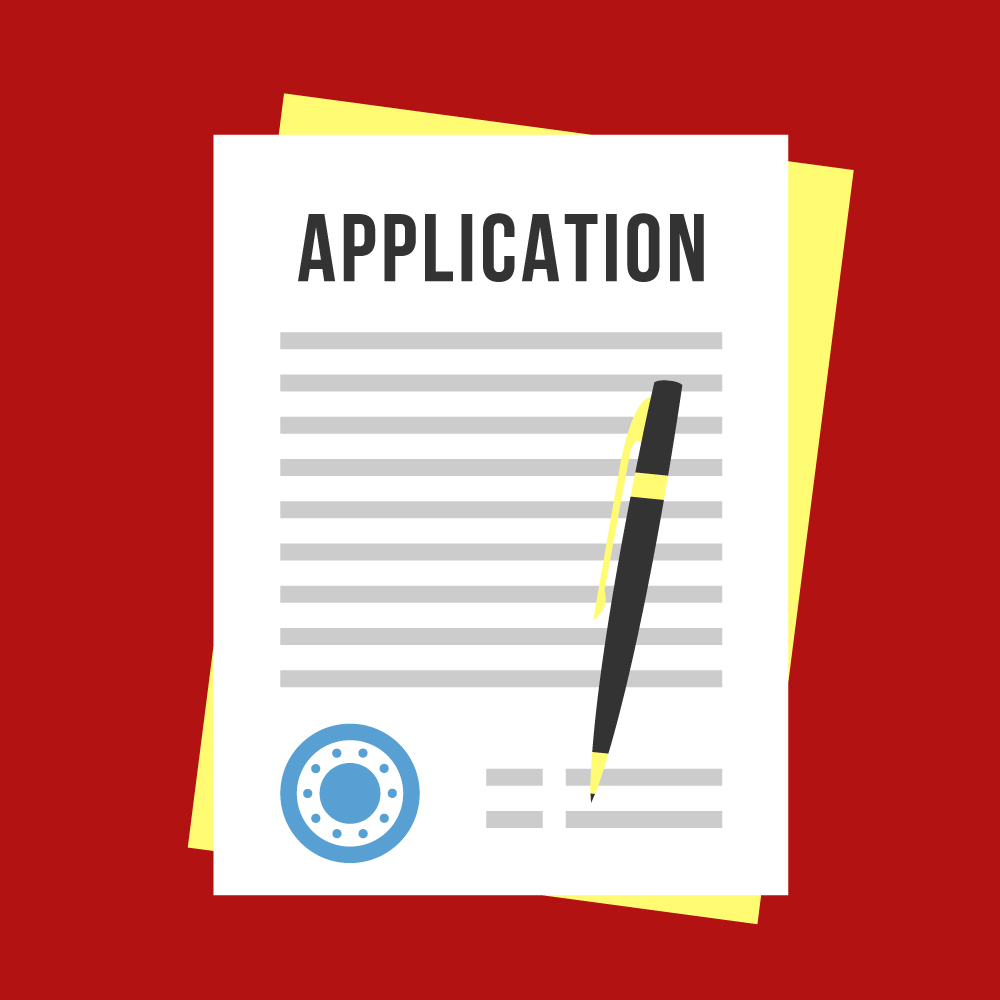
When you apply online as an editor or initiate contact with potential employers through cold emails, your ability to draft a crisp and engaging cover letter comes in handy. While your resumé informs your reader about your career history and specific projects you worked on, a cover letter aims to persuade.
In a cover letter, you are showing your reader that you have read their job description, understood the requirements and have previous experience with similar projects. Even if the job requirements look self-evident to you, think again about the order and sequence in which they appear and how they are phrased by this particular organization.
Draft original letters
When drafting a cover letter or a cold email to a potential employer, avoid relying on previous templates or making it about you. Instead, let the structure of the job description guide your letter. Your cover letter is the first step in opening a dialogue with the prospective employer. Show them that you have researched their problems and needs and are ready to discuss their specific expectations. In this way, you will also save time preparing your online application.
Organize body of letter with clarity
The body of the cover letter is best read when it is short, well-structured and easy to skim. I recommend focusing on two to three top requirements from the job description and using them (in the exact words from the job description) as paragraph openers for your letter. You can highlight them in capital letters or bold type. Then, next to each requirement, add around three lines outlining your previous experience. Use specific examples, which can include links to successful projects, your areas of expertise, types of documents you worked on for a particular organization or your recent training.
Suggestions to keep in mind
- Make sure all paragraphs in your letter are of equal length (three to four lines each).
- Vary the cognitive load slightly by adding links or numbers where possible. For example: “In the past six years with my latest employer, I completed 1,200 orders and achieved zero per cent late status on deadlines ranging from four hours to three business days.”
- If you are self-employed, you may reiterate your ability to manage multiple projects at the same time: “As a full-time editorial consultant and business owner, I managed multiple orders and file formats with confidentiality, adhering to deadlines and the requirements of each client.”
- If you have recently completed additional training or certifications, add a link to the certificate program so your readers can see your scope of skills.
Follow up to stand out among competition
Once your application is submitted, remember to follow up within five business days or so. Briefly express your continued interest in the role and provide additional helpful information, such as your references. Offer to complete any tests or samples and indicate your availability for a phone interview. By submitting a job application online, you’ve entered a pool of 100 to 250 competitors; by following up, you position yourself as an interested, available and active candidate.
___
- Previous post from Tanya Mykhaylychenko: Job Application Process for Freelancers
- The Editors’ Weekly is the official blog of Editors Canada. Contact us.
Discover more from L'HEBDOMADAIRE DES RÉVISEURS
Subscribe to get the latest posts sent to your email.
